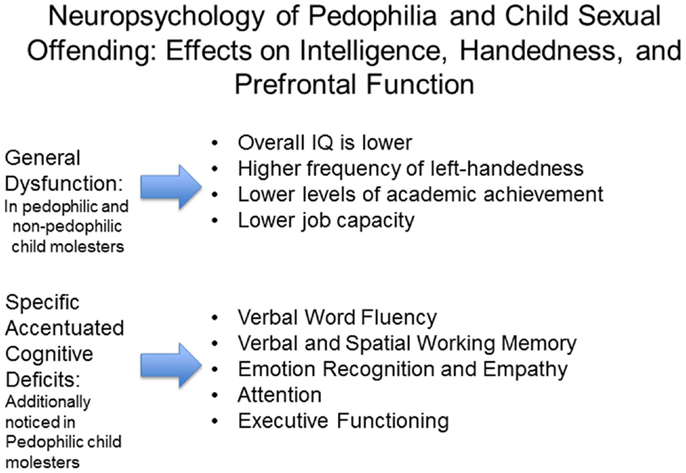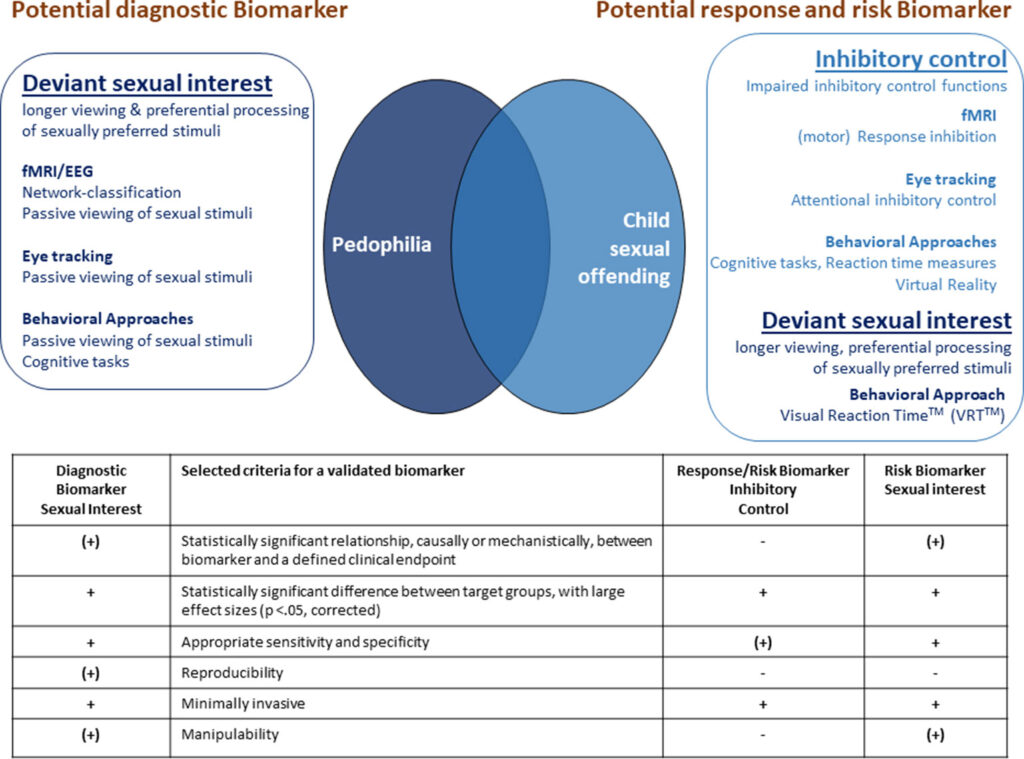Pedophilia is a term that often evokes strong emotional reactions due to its association with child sexual abuse. For the sake of clarity, it is important to understand what this term truly means before delving into its causes and effects. Pedophilia, or the attraction to prepubescent children, is a complex psychological phenomenon that requires careful examination. In this article, we will explore the definition of pedophilia, its potential causes, and the profound impact it has on individuals and society.

What is Pedophilia?
Pedophilia is classified as a psychiatric disorder in the Diagnostic and Statistical Manual of Mental Disorders (DSM-5). It is characterized by recurrent, intense sexually arousing fantasies, urges, or behaviors involving sexual activity with a prepubescent child or children, typically aged thirteen years or younger. It is crucial to differentiate between the diagnosis of pedophilia and acts of child sexual abuse. Not all individuals who meet the criteria for pedophilia act on their urges, and not all perpetrators of child sexual abuse meet the diagnostic criteria for pedophilia.
The concept of pedophilia is often misunderstood or misrepresented in public discourse. While it is frequently conflated with criminal behavior, it is essential to recognize that having a mental health condition does not automatically make someone a criminal. However, when these urges are acted upon, they can lead to devastating consequences for victims and society at large.
Key Characteristics of Pedophilia
- Exclusive vs. Non-Exclusive Attraction: Some individuals with pedophilia are exclusively attracted to children, while others may have attractions to both children and adults.
- Age Disparity: The age gap between the individual and the child is a significant factor in understanding the dynamics of pedophilia.
- Fantasy and Behavior: While some individuals may experience persistent fantasies, not all engage in harmful actions.
Potential Causes of Pedophilia
The exact causes of pedophilia remain unclear, but researchers have identified several contributing factors that may help explain its development. These factors span biological, psychological, and environmental domains. Understanding these potential causes is critical for developing effective prevention and intervention strategies.
Biological Factors
Some studies suggest that there may be neurological differences in the brains of individuals with pedophilia. Brain imaging research has shown abnormalities in regions associated with impulse control, emotional regulation, and sexual arousal. For example, the prefrontal cortex, which plays a role in decision-making and self-control, may function differently in individuals with pedophilia compared to those without the condition.
Hormonal imbalances have also been proposed as a possible cause. Testosterone, a hormone linked to sexual desire, may influence the development of inappropriate sexual preferences if levels are abnormal during critical stages of brain development. However, more research is needed to confirm these findings and establish a definitive link between biology and pedophilia.
Psychological Factors
Psychological theories suggest that early childhood experiences may contribute to the development of pedophilia. For instance, individuals who experienced trauma, neglect, or inappropriate sexual exposure during their formative years may develop distorted views of relationships and sexuality. These experiences could shape their sexual preferences later in life.
In addition, attachment theory posits that unhealthy bonds formed in childhood may predispose individuals to seek out relationships with children rather than adults. This could stem from a lack of emotional maturity or an inability to form healthy connections with peers.
Environmental Factors
Social and environmental influences may also play a role in the development of pedophilia. Exposure to environments where child exploitation is normalized or tolerated can reinforce harmful behaviors. For example, individuals raised in cultures or communities that do not adequately address issues of consent and child protection may be more likely to develop problematic attitudes toward children.
Furthermore, access to illegal content or participation in online forums that promote exploitative behavior can exacerbate existing tendencies. The internet has created new avenues for individuals with pedophilic interests to connect and share material, potentially reinforcing their desires and reducing inhibitions against acting on them.
The Impact of Pedophilia
The impact of pedophilia extends far beyond the individual diagnosed with the condition. When acted upon, it affects victims, families, communities, and society as a whole. Understanding these ripple effects is vital for addressing the broader implications of this issue.
Impact on Victims
Children who are subjected to sexual abuse suffer profound physical, emotional, and psychological harm. The trauma experienced during such incidents can lead to long-term consequences, including post-traumatic stress disorder, depression, anxiety, and difficulties forming trusting relationships later in life. Many survivors struggle with feelings of shame, guilt, and low self-worth, which can persist well into adulthood.
In addition to emotional scars, victims may face physical injuries or contract sexually transmitted infections as a result of abuse. The developmental stage of a child makes them particularly vulnerable to lasting damage from such experiences, as their brains and bodies are still growing.
Impact on Families
Families of victims often experience significant distress as they grapple with the aftermath of abuse. Parents may feel overwhelmed by guilt, anger, or helplessness, questioning how they failed to protect their child. Siblings of victims may also be affected, either directly through exposure to the abusive environment or indirectly through the family’s response to the situation.
Trust within the family unit can erode, leading to strained relationships and communication breakdowns. Financial burdens may arise from medical expenses, therapy costs, or legal proceedings related to the case. The entire household dynamic can shift dramatically, leaving everyone involved struggling to cope.
Impact on Communities
Communities bear the collective burden of addressing cases of child sexual abuse stemming from pedophilia. Schools, law enforcement agencies, healthcare providers, and social services must work together to identify, prevent, and respond to such incidents. This requires significant resources and coordination, diverting attention and funding from other critical areas.
Moreover, high-profile cases can create fear and mistrust within neighborhoods, making parents hesitant to allow their children to interact freely with others. Public awareness campaigns and educational programs are necessary to combat stigma and empower community members to recognize warning signs and take action.
Impact on Society
At a societal level, the prevalence of pedophilia and its associated crimes highlight systemic failures in protecting vulnerable populations. Governments must allocate resources to strengthen child protection laws, improve reporting mechanisms, and provide support services for victims and their families.
Economic costs are another consideration, as child sexual abuse places a heavy financial burden on healthcare systems, judicial processes, and social welfare programs. Additionally, the loss of productivity among survivors who struggle to reintegrate into society further compounds these costs.
Preventing Harmful Outcomes
While the focus of this section has been on the negative impacts of pedophilia, it is worth noting that proactive measures can mitigate harm. Early intervention programs aimed at identifying individuals at risk of offending can help prevent crimes before they occur. Therapy and support groups tailored to non-offending individuals with pedophilic tendencies offer a constructive outlet for managing urges responsibly.
Moving Forward
Addressing the challenges posed by pedophilia requires a multifaceted approach that combines scientific research, compassionate care, and robust policy implementation. By fostering open dialogue and prioritizing evidence-based solutions, we can work toward creating safer environments for children and supporting those affected by this deeply troubling issue.





